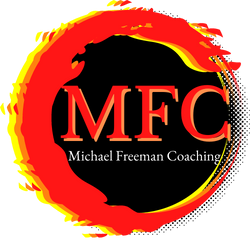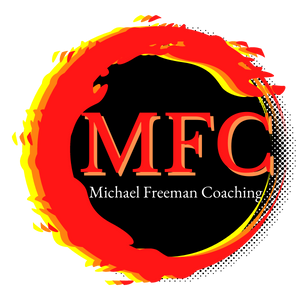3 Simple Components to Habits and How to Control Them
As a coach, I run into all sorts of habits that the talented people I work with need to change or build. I didn’t know it at the time, but there is a systematic approach to habit change.
If you read my last blog where I discussed the 5 foundational steps to gaining skills for your big goals I alluded to the process of habits.
Today I am going to share with you the 3 components of habits as well as some understanding of how to control your habits for the better.
What’s a Habit?
You may already know what a habit is, but for clarities sake I’ll explain. A habit is the automatic execution of a task or set of tasks. Some examples of habits include:
· Breathing
· Smoking
· Exercise
· Sleep Walking
· Driving to work
· Our reactions
· Tons of other day-to-day activities
It is said that nearly 40% of our daily activities are automated through habit. In studies done with lab mice using a T maze, researchers found that the more frequently the mice ran the maze in search of a reward, the less mental energy they needed.
This correlation explains the purpose behind the habit. It’s an energy-saving mechanism.
How does your brain know when to start and stop a habit?
The first thing a habit needs for it to begin is a trigger or a cue.
The trigger is the lights on signal to your mind that it can take a break from conscious focus and allow the basil ganglia to take over. The basil ganglia are the area responsible for habit building.
Once a trigger is fired, the second part of your habit takes over, the routine.
A routine always follows a trigger.
Example:
Trigger
An alarm clock goes off in the morning
Routine
I hit the snooze multiple times and get eventually get out of bed
If you are looking you will likely find all sorts of triggers and routines in your daily life.
As you think about your habits consider paying attention to what happens after you complete your routine.
What do you get once your routine is done?
In my last few blogs, I discussed reward-based learning. The process your mind uses to determine the benefit of activities and effort. (You can read my other blogs here.)
The habit loop is wired directly to this system.
After your routine, you will experience the 3rd and final phase of the processes behind habits. The Reward.
The reward that you receive for executing a habit is what can turn a habit into an engrained process that is hard to change.
Now, the real question you are probably asking is how do you ensure that you have great habits, so they can be engrained to help you build the skills, goals, and life that you want to have?
To answer that question check out this article!
How to Discover the Key Habits That Will Help You Gain the Biggest Results
If you would like to have someone in your corner helping you build your success habits then contact me here to discuss our coaching options.
Talk to you soon.

